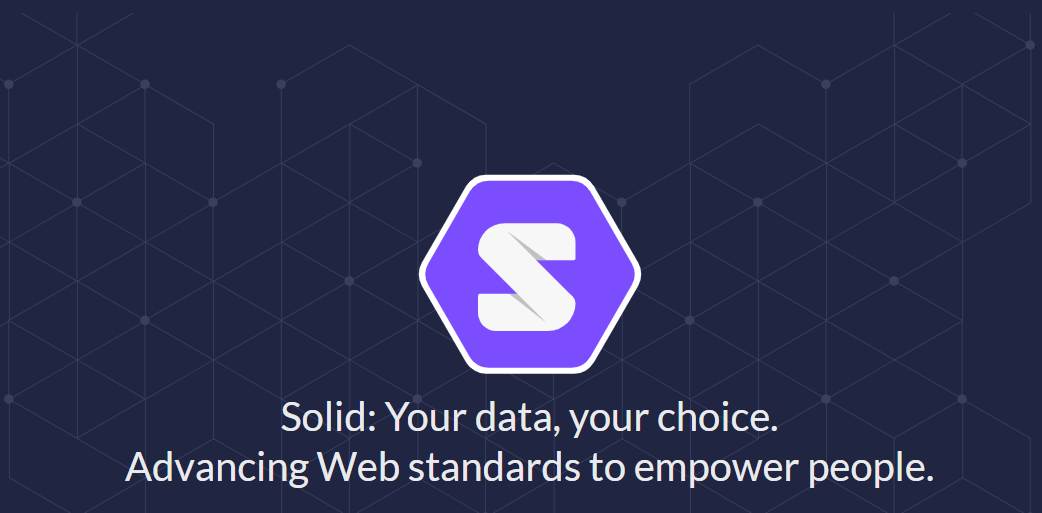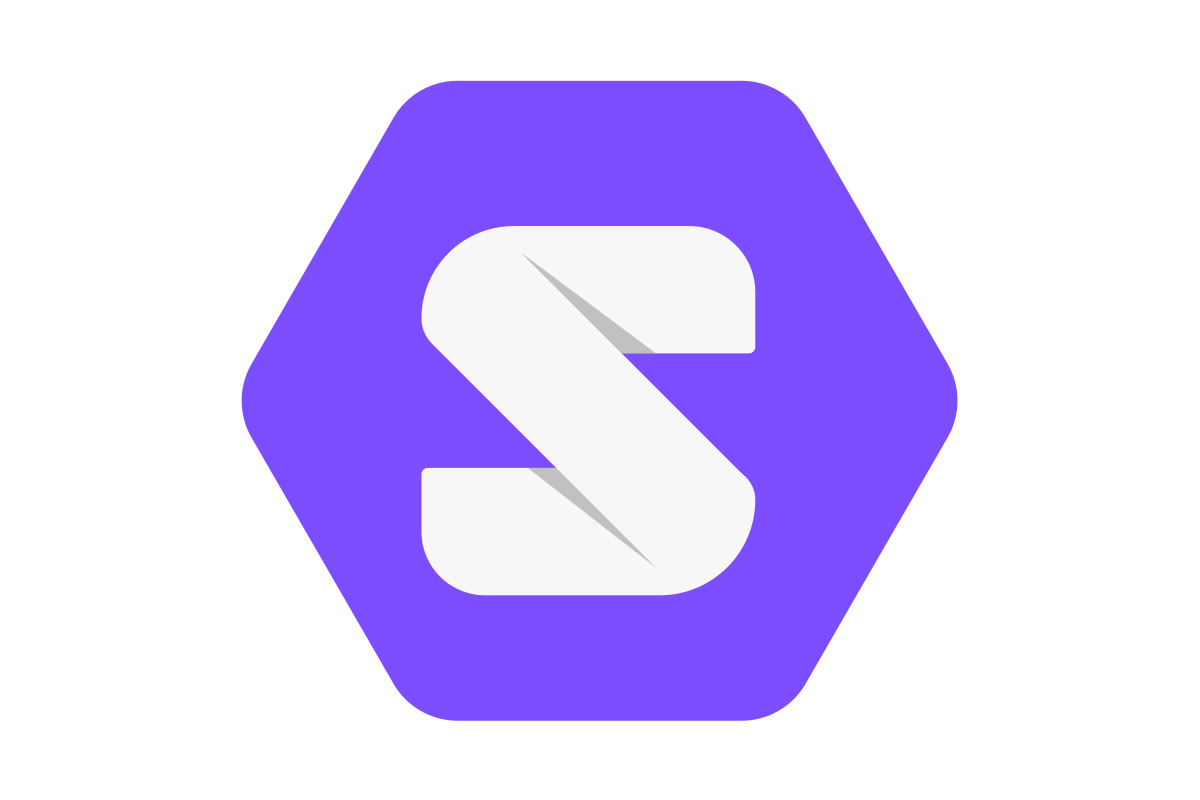Solid: what is it? And why should companies connect their data to it?
One of the newest building blocks for businesses to engage in data sharing is called Solid. Solid technology provides a technological foundation for companies and individuals to exchange data with each other. We explain how Solid works, and how government data can be made more accessible via athumi.

Wat is Solid?
Solid stands for Social Linked Data. It is a set of Web standards developed by Tim Berners-Lee, co-founder of the World Wide Web. The philosophy behind Solid is to give people more control over their personal data and online identity.
Actually, Solid was developed in response to the gigantic databases that large technology players such as Amazon and Google are building today. The data they contain is largely provided by ourselves, but as a result is not so easy to manage, let alone control.
One disadvantage of this method of centralized data storage is that, for example, someone’s address data can be found in many places, and you basically have to update it everywhere if you were to move. That requires a lot of manual updating work on the part of the user.
And then there is the privacy aspect: what do the owners of those central databases do with all that personal data, and with whom is it shared? Despite new privacy laws like the GDPR, there still remains a lot of uncertainty about that.
Solid-pod: a personal data safe
Solid wants to respond to all these needs by storing data in so-called pods or Personal Online Datastore. Each person has their own Solid pod that serves as a kind of personal data safe that is also stored decentrally. Thus the user retains full ownership of his/her data.
Another advantage is that from now on there is only one source of truth. A change of address happens once in the Solid-pod, and the modification then flows through to all connected services, suppliers and sources, with or without the explicit consent of the owner.
By the way, the intention is not for users to install and manage Solid-pods themselves. After all, a pod can also be integrated into an existing data vault, such as that of Doccle.
So Solid has many advantages, but it is still a young complex technology that still requires a lot of research, including research by Solidlab, and therefore the specifications are still changing.
Is Solid already concrete today?
The largest and most concrete Solid project comes from the Flemish Government. For this it created athumi – the former Flemish Datanutsbedrijf – in May 2023 to open up government data and make it shareable by companies using Solid technology. This includes documents such as diplomas, EPC certificates, etc.
Can I request government data myself?
This is perfectly possible. However, to do so you have to adopt Solid technology within your company. Given the continuous evolutions in the Solid specifications, this is not an obvious one.
This is why Doccle has entered into a strategic collaboration athumi. Through this collaboration, we can provide our business customers with a user-friendly and reliable API for accessing government data, as well as other relevant data. Of course, all this is done with the explicit consent of the end user. Thanks to this approach, companies can benefit from all the advantages Solid has to offer, without the complexity normally involved in implementation.
Want to know more about data sharing with Doccle?
Contact our experts to discuss the benefits for your organization.




